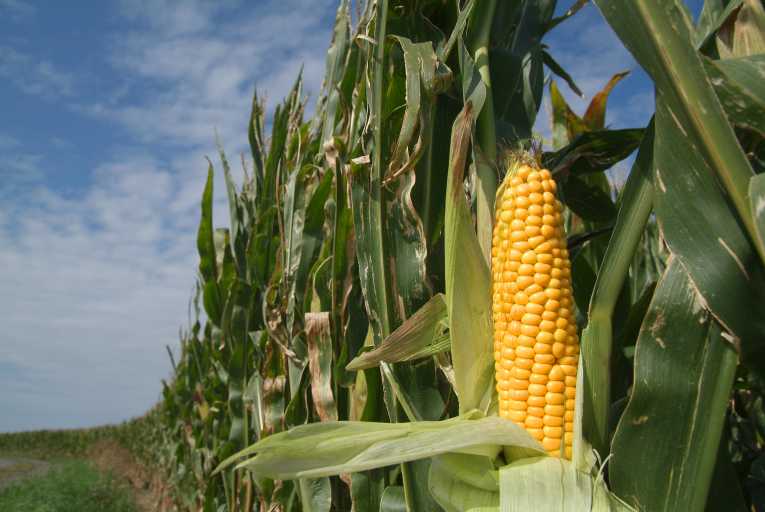Many Kenyans are now finding themselves trying to look for any good deal to save a coin, especially when it comes to food. Food prices in Kenya, and globally, are at an all-time high and this has become an issue that cuts across every class, however the one who feels it the most is Kenya’s middle to lower class.
In January this year, food costs rose by 8.89%, reflecting in high cost of food and consumables, as well as energy, like maize and wheat flour, sugar, bread and a major price shoot for cooking oil, gas, and fuel.
Some Kenyans have been vocal about the rising cost of living, in specific, high food prices. The hashtag ‘#lowerfoodprices” has been trending on social media, having some people post comparisons of prices, saying “life has become too expensive…” and one Kenyan saying “maisha siku hizii, hata hauezi nunua mkate… sikuizii ni KDF za 10bob ndio una kunywa na chai” (life nowadays is hard, you can’t even buy bread, we now survive with KDF (special kind of mandazi) that costs 10 bob each, to drink with tea.)
So what is causing this high cost of living? A number of factors come to play when looking at inflation. Let’s take a look at petroleum price hikes for example. “Petroleum is imported in Kenya, so whatever prices are out there affect the price we get it at. Also, the Kenyan shilling has become weaker from October to now. About 7% weaker. Petroleum is paid through dollars and this reflects in price and strength in the Kenya shilling” says Kwame Owino – an Economist.
He continued to say, “The issue of cooking oil, you know most of it is made from palm oil, which comes from Malaysia. Now due to COVID in Malaysia, most workers have not returned to work on the farms, and this in turn affects harvesting which affects prices.”
Looking at all these factors, it raises the question, then what can we do on a national level. Frankly, the price changes and shifts that happen globally are a whole other issue, so what can we do right here, where we are.
A good example is the price hike of milk. We have plenty of milk farmers in Kenya, and a good number of healthy cows I believe, yet the prices of milk can make you think it’s a special breed from a lost land at sea!
A farmer sells milk at KES.45 per litre and in the supermarket the same is KES.120, God forbid if you buy it in a plastic bottle it may cost you a little more. “Milk market is more less a monopoly… talking about one large supplier controlling the market. That is what you see. That farmers are getting little and somebody getting more than double what the farmer is getting… is it even moral to begin with… I don’t know. The person who is really sweating to produce is getting less than half of what you are getting for just a little bit of what you are simply processing. We need to think a little bit more on ethics, business ethics, if only we can make the market more competitive, by removing monopoly power in the dairy market.” Dr. Joy Kiiru an Economist.
I agree with the above sentiments, especially because there is so much potential to create stable food security in this country. There is no reason why I should by maize flour at KES 150 for 2kg alone, which lasts the average family less than a week, if it’s the primary meal, and it is grown in our backyard, yet there are even more items to add to the grocery list.
We must find a way to eliminate the middle man and begin to embrace homegrown production that cuts across and connects consumers to the source of production at least, if not the very source. “Policy lapses need to be addressed, incentives for farmers to produce more, protection of farmers and access to markets..” says Dr. Kiiru. May be we shouldn’t be asking the government to “#lowerfoodprices”, maybe we should be saying “#accesstomarkets…”? Probably a topic for another day.







